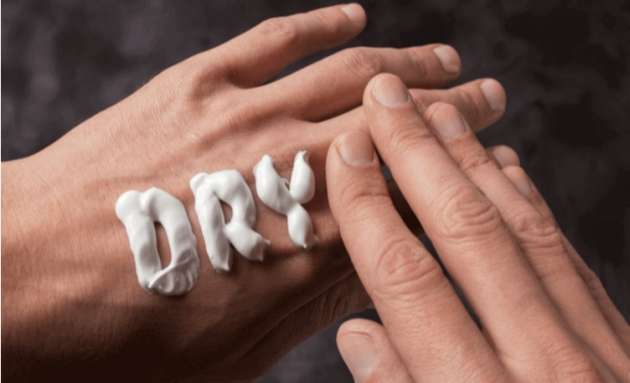
The Effects Of Ageing On Skin
Nov 08, 2018
The human body experiences continuous growth and decay as it goes through a host of radical changes over the course of one's lifetime. Its growth (and eventual deterioration) is influenced by internal and external forces like genetics, the environment and self-destructive habits.
Here's a look at the leading factors that affect the ageing of your body’s largest external organ - your skin.
Natural Processes That Can Age Your Skin
-
Gravity
Did you know that gravity, (yes gravity!) can add years to your face by causing your eyebrows, cheeks and the area around your jaw (also known as your double chin) to sag.
-
Sleep Creasing
The skin around your nose, cheeks and forehead can also deform due to facial stresses like constant frowning, worry lines (across your head) that develop as your skin loses its elasticity past your 30’s and 40's.
You should also pay attention to your sleeping position as that can affect the tone and elasticity of your skin and cause skin creases which are formed when you incorrectly position your face on your pillow. These creases begin to stick as you grow older and lose elasticity; they are usually visible around the sides and front of your forehead as well as around your cheeks. You can avoid sleep creases by improving your sleep posture.
-
Spotting

Spotting is a common sign of ageing that is caused due to sun damage or liver spots. This can lead to the thinning of the outer layer of the skin (epidermis) and can also lead to the development of warts.
-
Subcutaneous Changes
There are a lot of unnoticeable changes that occur behind the scenes of your skin. These changes occur when you lose the reserves of fat, cartilage and bone under the many layers of your skin. They can manifest themselves as you develop an accentuated face with sunken eyes, droopy cheeks, and nose tips over the years.
-
Dry Skin

Dry skin irritation is a common issue that develops in ageing people. This can cause your skin to wrinkle and leave it with a leathery texture due to diminishing amounts of a structural protein called collagen in your skin. Your skin can also dry up due to low amounts of sebum- a substance necessary to keep your skin moist. Avoid anything that can dry out your skin; some common culprits that contribute to the dreaded winter itch (or dry itch) are soaps, air-conditioned rooms, and hot baths.
-
UV Radiation & Other Environmental Pollutants
Over time, ultraviolet radiation from the sun can permanently damage your skin's elastin fibres. These fibres are responsible for maintaining the tautness and elasticity of the skin. This is why sustained exposure to the sun can cause your skin to stretch or sag as well as hamper its ability to heal in the long run. It is, therefore, essential that you avoid exposing yourself to direct sunlight as much as possible or use sunscreen to cover any exposed skin whenever you decide to step out in the day.
Awareness is the first step in the fight to slow down the onset of skin ageing. A good preventive skincare strategy will require you to steer clear of habits like smoking, unhealthy diets and poor sleep habits to follow a healthy and balanced lifestyle.

